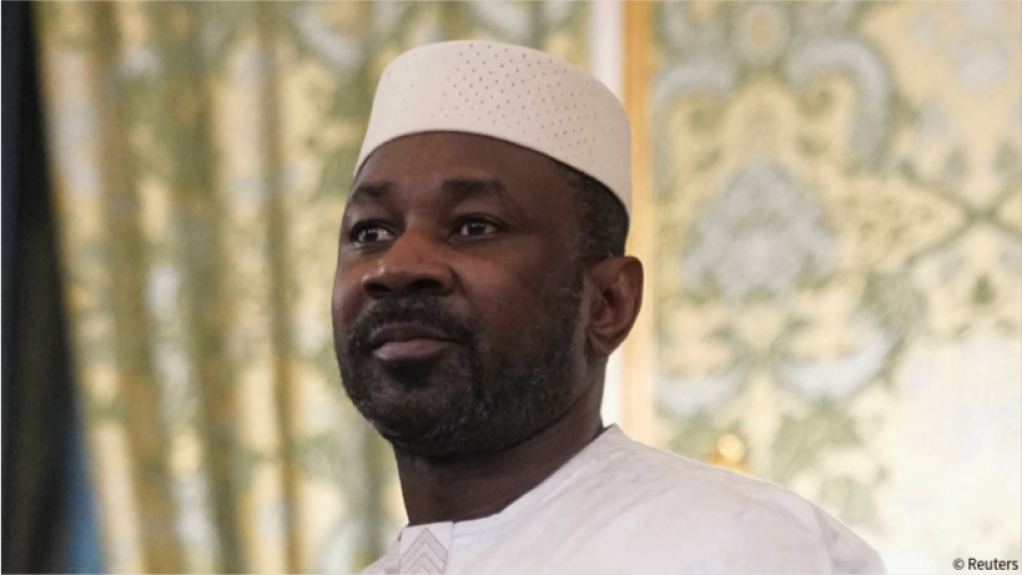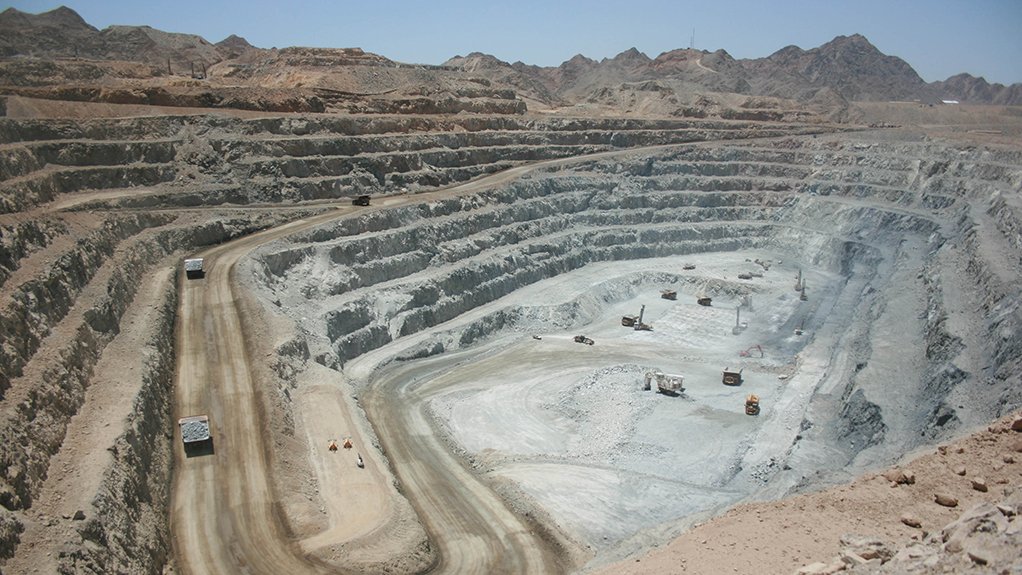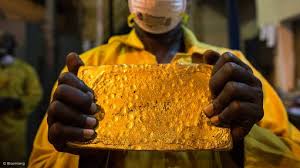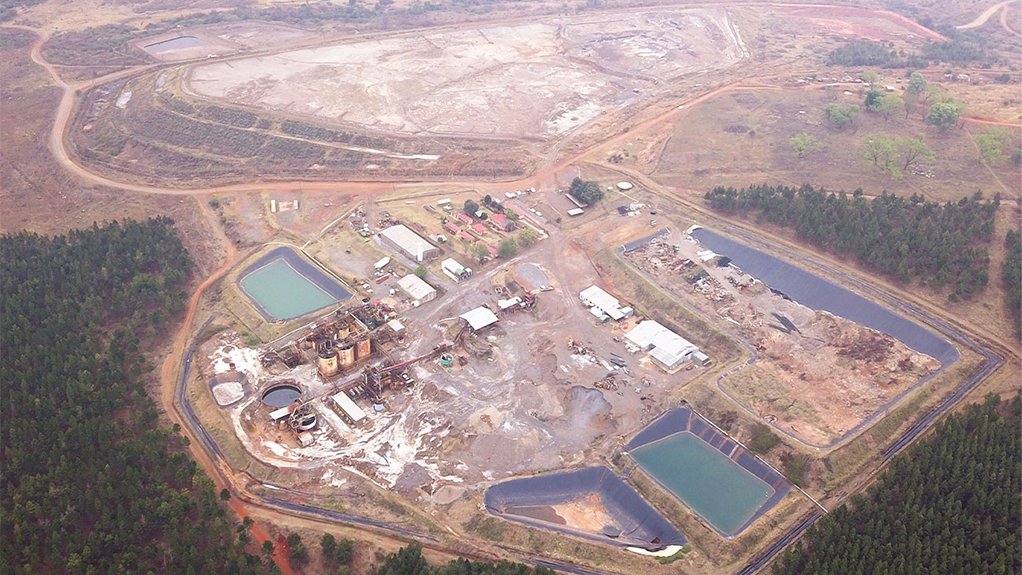Precious Metals

Mali seizes Barrick’s gold as junta leader claims endless rule

State helicopters landed “unannounced” and took the equivalent of about 35 000 oz of bullion “potentially for sale by the provisional administration — though that remains to be seen and the situation is evolving,” the Toronto-based Barrick said in a statement. The seized amount is worth about $117-million, with gold trading at around $3 324 per ounce on Friday.
Mali is situated in a belt of countries ruled by military leaders that have seized mineral assets ostensibly to boost state ownership and tax revenue. Last month, Niger’s junta took control of French company Orano’s uranium mine, while Emirates Global Aluminium said this week that the government of Guinea “wrongfully” terminated an agreement.
“Gold remains Mali’s main source of foreign exchange, so securing revenue from it, with or without Barrick, is strategically important,” said Jeremiah Enoch, an associate strategy and risk adviser at London-based J.S. Held. “The broader context suggests the proceeds may also be used to fund urgent national priorities, including security and fiscal needs.”
In 2023, Mali’s cash-strapped military regime demanded foreign investors make payments for alleged back taxes and adhere to a new mining law granting the state higher royalties and bigger stakes in joint ventures. The owners of other gold mines in the country, including Allied Gold and B2Gold, have reached settlements.
Malian military ruler Assimi Goïta earlier this week signed a law that grants him a five-year presidential term renewable “as many times as necessary” without elections, Agence France-Presse reported on Thursday. That’s a reversal of the junta’s previous plan to hold a vote by 2027.
The West African nation has been ruled by a junta since 2021, when Goïta staged a second coup within a year to remove an interim administration he’d installed to prepare the nation for elections. The vote had initially been planned for 2022.
Under the latest law, Goïta will be allowed to rule “until the country is pacified,” AFP reported. The country has been destabilized for more than a decade by an Islamist insurgencies that’s also impacted neighboring Burkina Faso and Niger.
Despite military rule, attacks have only increased.
Since early 2024, attacks carried out by the al-Qaeda-affiliated Jama’at Nusrat al-Islam wal-Muslimin and the Islamic State Sahel Province have spread to borders near Benin, according to the Armed Conflict Location & Event Data.
Sign up here for the twice-weekly Next Africa newsletter, and subscribe to the Next Africa podcast on Apple, Spotify or anywhere you listen.












